PennFuture Blog
Our Perspectives on the Latest Issues
(Title image: Shell Cracker Plant by Mark Dixon)
Economic development projects shape the landscape and impact everyday life by influencing air quality, traffic volume, stormwater flow, and local employment opportunities.
Economic development can bring massive benefits to our communities, but it also brings other consequences that must be considered. These social and environmental considerations are known as "externalities." The most common and visible examples in Pennsylvania include abandoned mine drainage leaching pollution into local waterways, job loss due to the closure of coal-fired power plants, and toxic emissions that degrade air quality and hasten climate change. These externalities often have a disproportionate impact on historically underinvested, low-resource communities and communities of color, and their effects can last for generations.
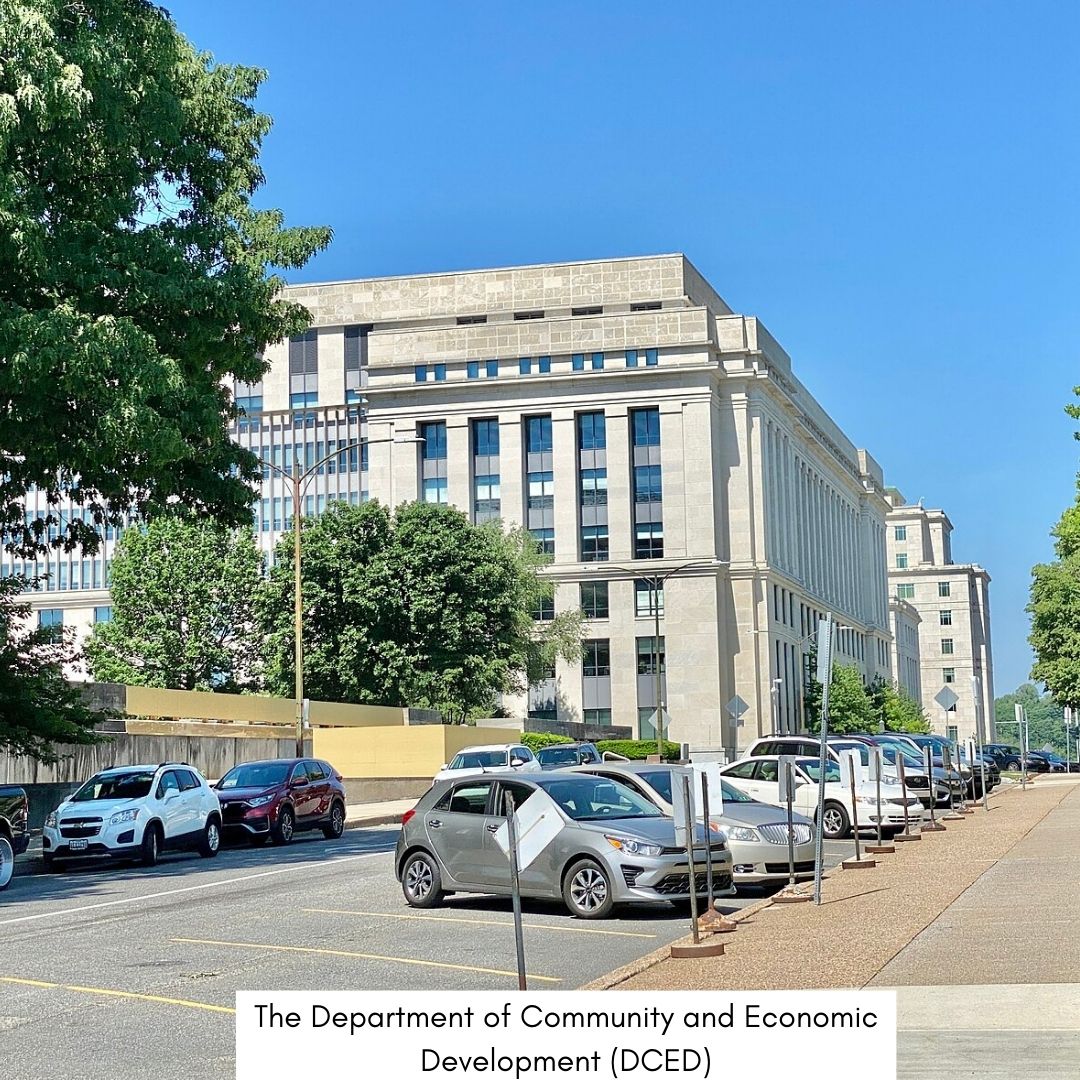
While industry refuses to calculate the health care costs of toxic emissions or place a monetary value on clean water and open space, we know that it is necessary. We live in a culture that looks to the market for solutions to all kinds of problems. If we do not calculate the value or cost of something, the market cannot offer a solution, and government policy cannot appropriately fund programs that address, mitigate, or disincentivize harm.
PennFuture’s new report, Economic Policy is Environmental Policy, engages with these issues, initiating a dialogue about the confluence of economic development and environmental impacts. This report offers information for Pennsylvania policy leaders during rapid technological and environmental change. It also rebuts the false narrative that a healthy environment precludes a robust economy and that continued dependence on fossil fuels will give rise to a stable and prosperous future for Pennsylvanians.
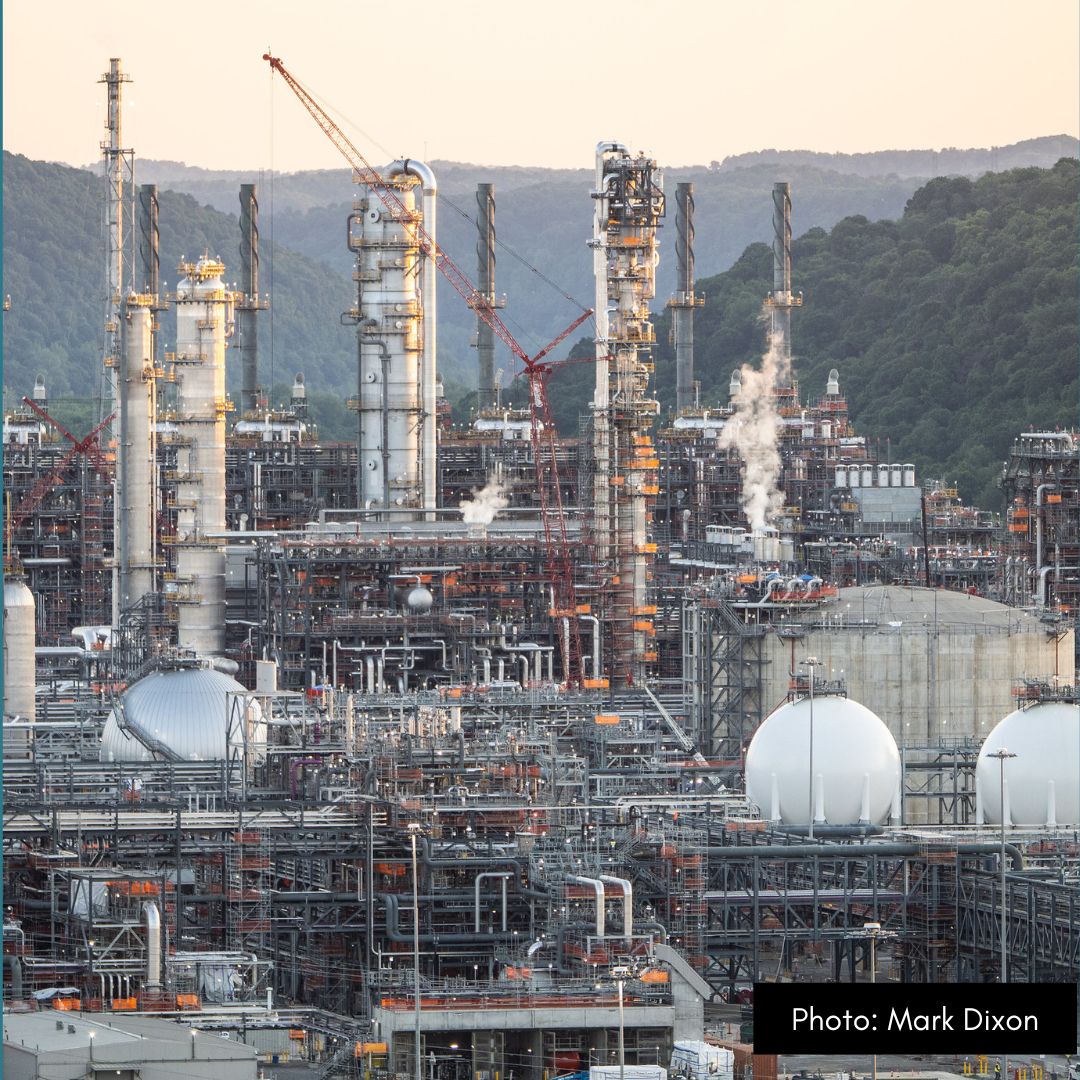
The combination of fossil fuel-centered economic policies and weak environmental regulations has resulted in an economy that depends on dirty, finite energy resources, making it vulnerable to economic volatility. Most recently, Pennsylvania's economic development policies led to the construction of a new ethane cracker plant. However, the plant fails to deliver on the number of jobs promised and consistently violates its permits, releasing toxic pollutants into the air. If Pennsylvania continues to rely on the fossil fuel industries that dominated the last two centuries, our workers and our communities will be left behind. We will continue to leave behind a legacy of degraded air, water, and land.
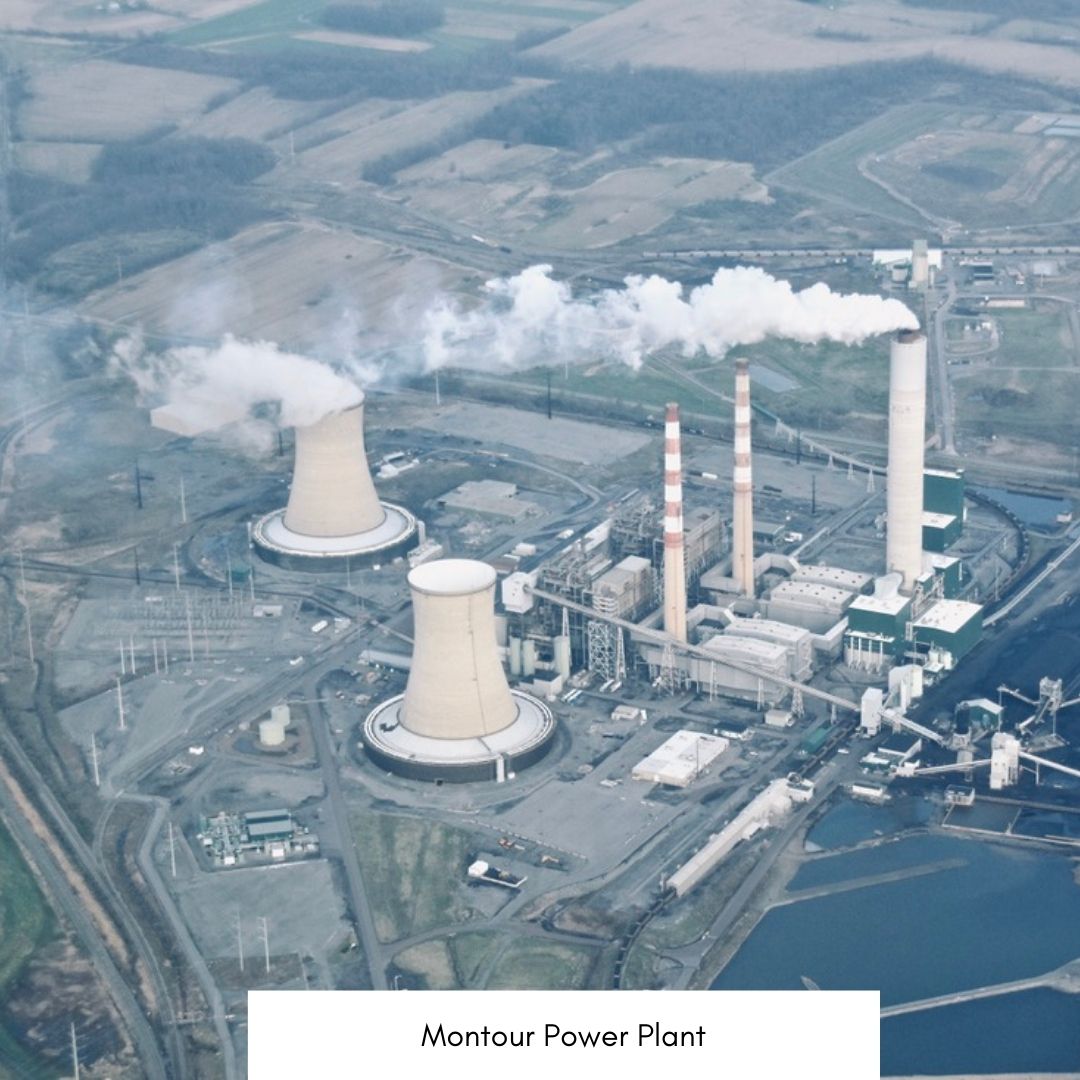
This is because market forces are shifting, causing fossil fuels like coal and fracked gas to be in decline; and yet new opportunities abound. Fellow industrial states, like Ohio, West Virginia, and even Texas and Wyoming, are pivoting their economies in a different direction - toward renewable energy and cleantech manufacturing. They are proactively investing in high-growth industries to strengthen and stabilize their economies against the volatility and decline of fossil fuels. While these states are not driven by the goal of environmental protection, these economic policy choices will result in better environmental outcomes.
The writing is on the wall: Forward-thinking economic development policy can transform Pennsylvania back into a leader in both the manufacturing and energy sectors. Decision-makers need to capitalize on high-growth industries that both decarbonize and diversify the economy, like battery manufacturing, energy efficiency, and the deployment of renewables. In the face of national economic and technological changes, stabilizing and modernizing Pennsylvania's economy must be paramount — for the sake of our workers and the climate.
The Department of Community and Economic Development (DCED) plays a crucial role in shaping Pennsylvania's economy. Our report delves into the organization's structure, administration, and importance, highlighting its key role in driving economic development policy for the state. Despite being unfamiliar to many, the DCED is pivotal in setting and facilitating the agenda for the state's long-term economic development. As we move towards a decarbonized economy, it is essential for the DCED to proactively engage with the current landscape, ensuring that all communities, especially vulnerable ones, are included in this necessary economic transition.
As we point out in the report, there are concrete steps that can be taken to move the needle on this economic and environmental project. First, to take advantage of its strengths, the DCED must be reformed and its resources redirected toward industries that support the future of our workforce, communities, and public health, with an eye towards our environment and the most vulnerable Pennsylvanians. Establishing Climate Accountability Measures within its funding structure for program priorities and reshaping Pennsylvania's Energy Economy program would provide the necessary structure to prioritize clean energy investments and decarbonization efforts.
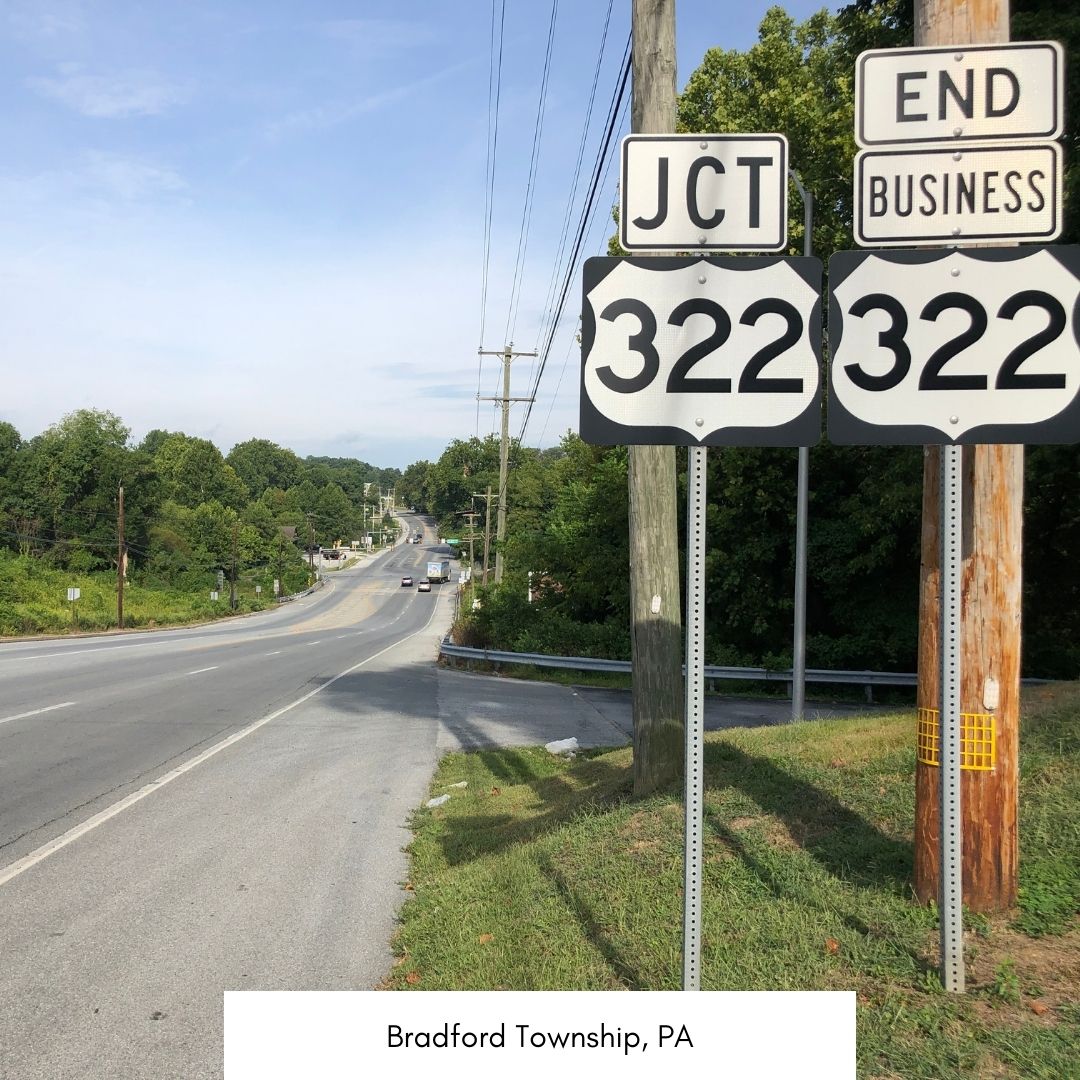

Second, the DCED must leverage its private sector influence through its strategic collaborations with public and private partnerships to facilitate Pennsylvania's transition to a modern and equitable economy, via an aggressive sector-based climate strategy. Pushing to reform Team PA (a private, 501(c)(3) organization tasked with "increasing job growth, retention, and creation") as a champion for Pennsylvania's transition to a decarbonized and diversified economy is the first step, beginning with the intentional inclusion of environmental groups on its private sector board of directors. Subsequently, to bolster Team PA's new mission, the state must create an interagency Clean Energy Working Group, which would develop a comprehensive plan that supports environmental justice and energy communities through the strategic deployment of decarbonization, energy efficiency, and renewable energy resources and infrastructure in the Commonwealth of Pennsylvania. These changes will set Pennsylvania on a path toward establishing a stable economy that can sustain workers, communities, and the environment.
Declining fossil fuel markets and the impacts of the severe weather generated by our changing climate are driving decarbonization efforts across the country, and we are now seeing the creation of the necessary economic tools to fund them. Continued dependence on fossil fuels is an outdated economic game plan that will destabilize Pennsylvania's economy and perpetuate environmental and community degradation and injustice. A forward-thinking economic policy that prioritizes the decarbonization and renewable energy sectors can provide long-term certainty for industry and labor in a political climate that breeds instability through battles over environmental policy. We know how to get there and DCED is the key.
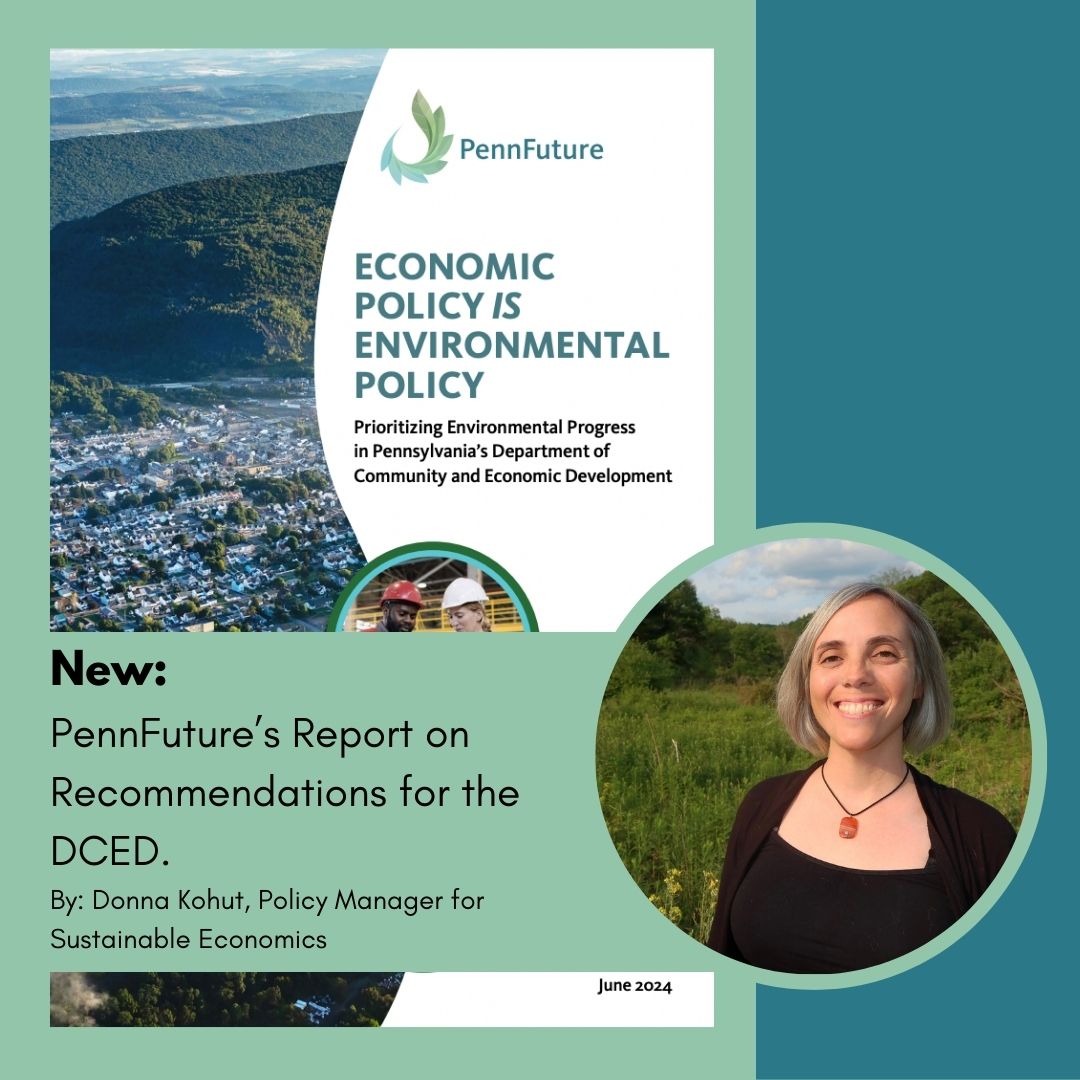
Read the full Economic Policy is Environmental Policy report here.
Over the next few months, we'll bring you new information on our sustainable economic development work. The next blog in the series will take a step back and explain what we mean when we say "Sustainable Economy".
PennFuture is ramping up our efforts to connect economic development to environmental issues to promote a healthy economy, healthy communities, and a healthy environment. If you’d like to support our efforts on sustainable economic development in Pennsylvania, please consider becoming a member today. Your support is what makes reports like this possible.
BLOG SEARCH
LATEST BLOG POSTS
TAG CLOUD
PREVIOUS POST
Get the Latest onOur PennFuture
Sign up for email updates on the latest news, events, and opportunities to make a difference.